This debate faces every startup entrepreneur. The challenge is in knowing that investors invest in return for a piece of the company. The worry is how big a piece? The answer is, how desperately do you need the money?It is an inescapable fact. It is better to own 10% of a $100 million business than 100% of nothing.TUFTS UNIVERSITY REPORT SAYS…Every year Tufts University in America publishes a report outlining the average salaries and equity ownerships of founders/CEOs. Contrary to the dumb headlines that shout out about CEOs earning gazillions (a few do, but they are such a small percentage), the average founder/CEO in 2020 earned $150,000 a year salary and owned just under 10% of the business they started. That is the reality, and for many new founders, it is a shock. It is a bitter pill to swallow.Even the conglomerate owners own very little of the pie they baked.APPLE’S STORYIn order to afford the first pieces of the Apple I in 1976, at a time when the US economy was plagued by inflation and unemployment, Steve Jobs invested $1,500 in proceeds from the sale of his VW bus. Steve Wozniak parted with his beloved programmable calculator Hewlett-Packard 65 and deposited $250 in the company’s treasury. The third founder, Ronald Gerald Wayne, was given a 10% stake in Apple but relinquished his stock for $800 only two weeks later because Apple was not incorporated in 1976, and legally all members of a partnership are personally responsible for any debts incurred by any of the other partners. He didn’t like the risk, and the other founders didn’t want to invest money in the incorporation process, which in those days required an attorney. At that time, Apple was valued at $8,000.At the request of venture capitalist Arthur Rock and ex-Intel manager Mike Markkula, Apple was incorporated in 1977. Markkula brought his business expertise along with $250,000 ($80,000 as an equity investment in the company and $170,000 as a bank loan) and became employee number three. After tough negotiations with the current owners, he took one-third of the company that was now valued at around $270,000, in exchange for the necessary cash injection.Any time a company accepts external investment, the founders must prepare for their ownership share to be diluted. It is one of the most difficult decisions we have to make. When we have what we believe is a brilliant idea and that the fruit of our brains is going to be a big success, it is hard to accept giving up pieces of it because of a short-term need for cash. That short-term investment, however, can mean the difference between survival and failure.Early on, Apple faced the same dilemma. The founders had hardly any money of their own to see them through the early years. From owning most of the company, Steve Jobs and Steve Wozniak made the decision to reduce their equity percentage in exchange for the cash they needed to buy parts and attract customers. When we think of Apple’s current value, the amount of cash they attracted at the start was less than what they spend on post-it notes today. In hindsight, it seems like a lot to have given up, but that is the way the game of fundraising for survival is played.The investment helped Apple survive and flourish. When Apple went public, it generated more capital than any IPO since Ford in 1956 and instantly created 300 company millionaires. At that point, the exchange of equity for a small amount of cash seemed like a good deal to everyone involved.Post-IPO, Steve Jobs ownership had been diluted to 13.5%, Steve Wozniak’s to 7.1%. Both are consistent with Tufts University report. Similarly, the two founders of Google only own 16% of the company, and even Bill Gates only owns 40% of Microsoft. Ebay’s founders have 30% and 20% ownership, respectively, which is probably a significant outlier.I have always had investors, even when I don’t need their money. They bring so much more to the business, like connections, experience, opportunities I wouldn’t otherwise know about. They have access to often free resources like accounting, incorporation, patent attorneys, etc. They also perform extensive due diligence, which can highlight areas that need improvement. They also bring an added layer of pressure. They ask challenging questions that force me to question and confirm some of my decisions or preconceived notions. Above all, they want a return on their money, and that pressure is something most entrepreneurs thrive on.Cheers, Trevor


